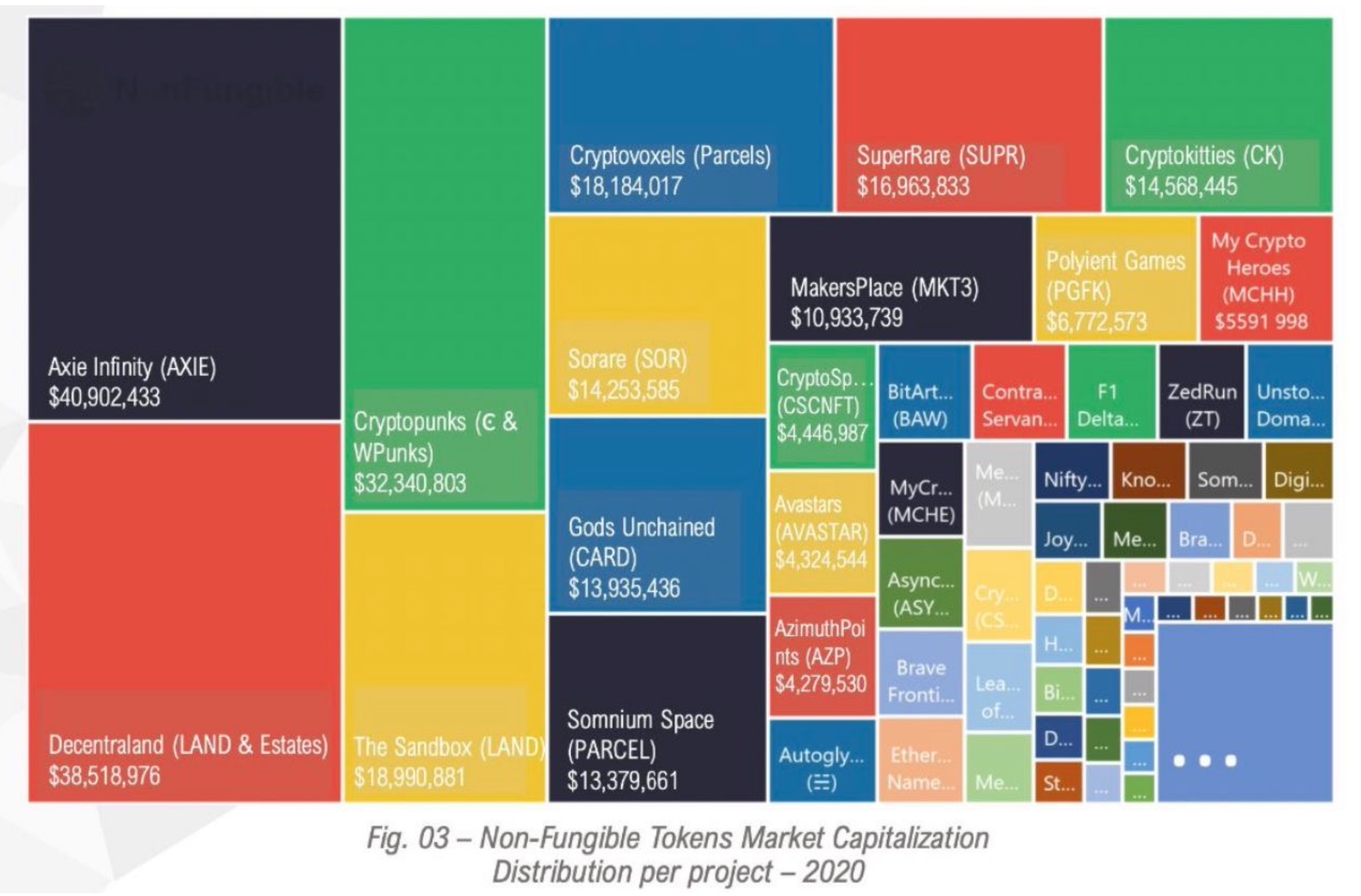Blockchain

Imagine a financial world operating without borders, intermediaries, with complete security! Envision every financial transaction being completed in moments!
Ghaida and Nouf are bringing you concise insights into the world of blockchain and financial technology.
Welcome to a new era of digital trust, where innovation meets finance to shape the future.
This world isn’t a fantasy or a futuristic vision! It’s a reality built by this technology, where all financial transactions occur without the need for a central intermediary like banks, money’s transferred between countries in minutes at low cost, and contracts are automatically executed once conditions are met, without the need for lawyers or third parties!
Imagine a digital ledger recording every financial transaction, not on a single device, but across a vast network of computers. Each transaction is stored in “blocks” and each block is linked to the previous one through strong cryptographic algorithms, making it nearly impossible to alter or delete any recorded data! This’s blockchain, the digital innovation that enhances security.
Blockchain is one of the foundational pillars in the evolution of financial technology, offering significant advantages that improve security, transparency and efficiency in financial operations due to the absence of a central controlling entity. This makes it suitable for numerous applications in the financial technology world. Let’s explore how blockchain impacts this field:

The digital world is full of imitators and counterfeiters of digital assets! To overcome this challenge, NFT technology has emerged to ensure your ownership of digital assets.
NFT (Non-fungible Token)
In short: Non-fungible tokens in the blockchain world verify your ownership of digital assets, whether they are artwork, digital real estate, and much more.

NFTs are unique in that they ensure digital assets cannot be duplicated or used without the knowledge of the original owner, which enhances their value and increases trust in them as an investment tool. For instance, the NBA has entered the world of NFTs by offering tradable digital clips and cards, generating $100 million in sales!

The examples don’t stop there, as blockchain technology continues to expand into investments, trading, and all future projects. Even though only a minority of people worldwide are aware of its existence and uses, it has already proven its success.
Advantages of blockchain in financial technology:
- High Security: Encryption and decentralization ensure the protection of data and transactions.
- Scalability: Blockchain supports various financial applications, from payments to decentralized finance, enhancing its scalability.
- Innovation Flexibility: Blockchain facilitates the development of new applications and their integration with existing systems, fostering innovation.
- Efficiency and Cost: It reduces the need for intermediaries, lowering transaction costs and boosting efficiency.
- Immediate Settlement: It allows transactions to be executed and settled faster compared to traditional systems.
Despite these advantages, blockchain technology has some drawbacks, including limited modification capability, as transactions become immutable and irreversible. Additionally, blockchain-based applications may face security risks if not designed properly, and initial implementation costs can be high.
Local Practices:
- Al Rajhi Bank completed its first international money transfer using blockchain technology, becoming the first bank in Saudi Arabia to apply this modern technology in remittances. The transfer was successfully executed between its headquarters in Riyadh and one of its branches in Jordan.
- The Saudi Central Bank used blockchain technology to deposit a portion of the declared liquidity in the banking sector, as part of its efforts to enhance the sector’s capabilities. This step’s part of the bank’s efforts to explore modern technologies, keep up with global central bank developments and assess their impact on the financial sector.
Challenges from Experts’ Perspectives:
- Technology maturity is insufficient in both global and local markets.
- Lack of clear regulations for using technology in the financial sector.
- Shortage of local experts.
- High infrastructure costs compared to other solutions.
- Low awareness of its importance for businesses.
Opportunities:
- Increased awareness of blockchain’s importance in internal operations.
- Reduction in operational costs for banks and financial companies.
- Improved data analysis to detect financial fraud through auditable records.
These opportunities support the development of the financial sector and enhance the objectives of Vision 2030 in digital innovation.
In conclusion, blockchain technology offers innovative solutions that define the future of finance and open new horizons for creativity and progress worldwide!
Thank you for your attentive reading
Prepared By:
Ghaida Aljeraiwi
Nouf Alrajhi
Sources:
IBM
Forbes
PwC
Monsha'at
Deloitte
The World Economic Forum